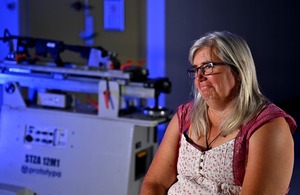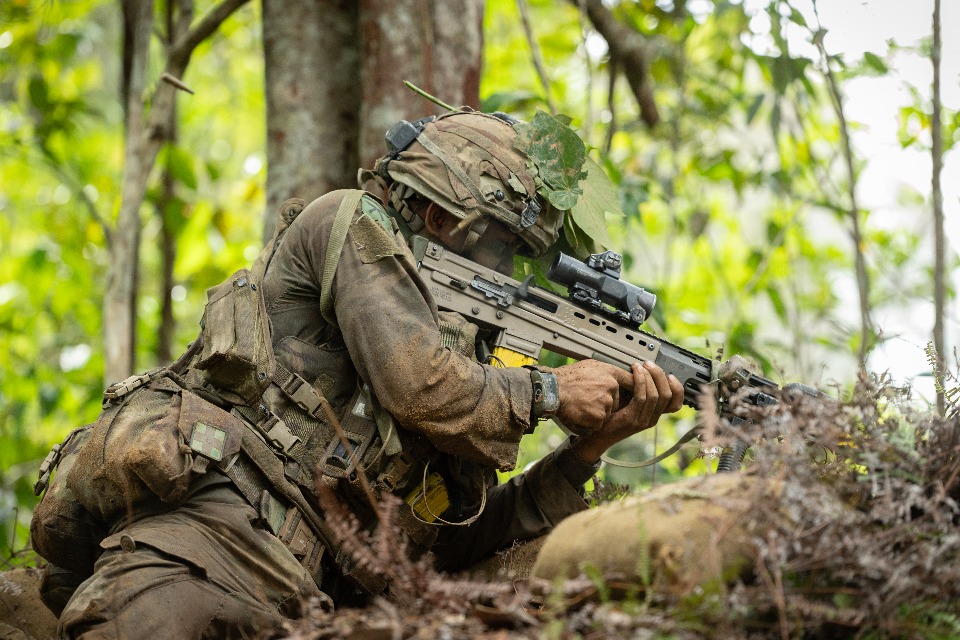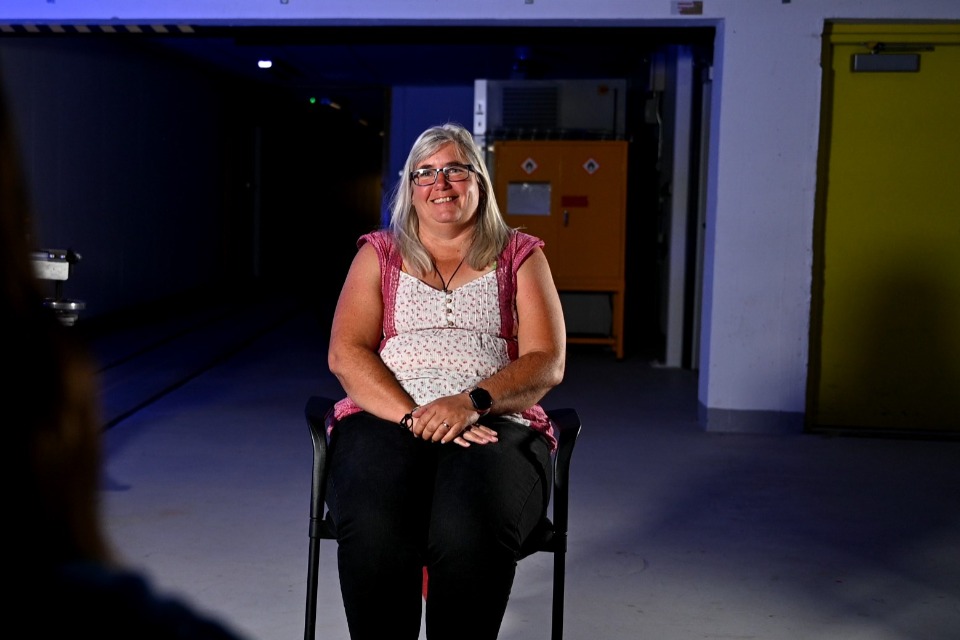Julie: blazing a trail for engineers across decades
Her work started in electronics and instrumenting explosive events and later identifying ways to protect troops in Afghanistan from rocket-propelled grenades.

She is one of the leading experts in her field in the country.
After 35 years at the Defence Science and Technology Laboratory (Dstl) and its forerunners Julie is still blazing a trail and is now the first female to be appointed a fellow by the Institute of Explosive Engineers.
Her work started in electronics and instrumenting explosive events and later identifying ways to protect troops in Afghanistan from rocket-propelled grenades.
Dstl Energetic Technologies team member Julie said:
I was really fortunate we were working on novel explosives which takes you through the full journey of understanding the characteristics of the materials all the way though to testing those materials.
We need to continue to have, and grow, the knowledge to make sure we do all we can to keep our Armed Forces safe.

Soldier on exercise
Julie’s work has helped shape the defence and security landscape and she is now looking to the future by encouraging the pioneers and disruptive thinkers of tomorrow.
She added:
My current role is about how we develop the next generations of defence scientists, looking for ways we can work with other defence partners to develop training that is recognised across the defence sector.
This means we can easily share staff and expertise. It is critical that do keep on attracting people, keep on growing people, keep on building the capability.
Being able to see the apprentices coming off the end and the work they are going into, to fill those skills gaps, has got to be the thing I’m most proud of.

Julie being interviewed
Find out more about how Dstl works within UK defence and security and what it’s like to work for us.